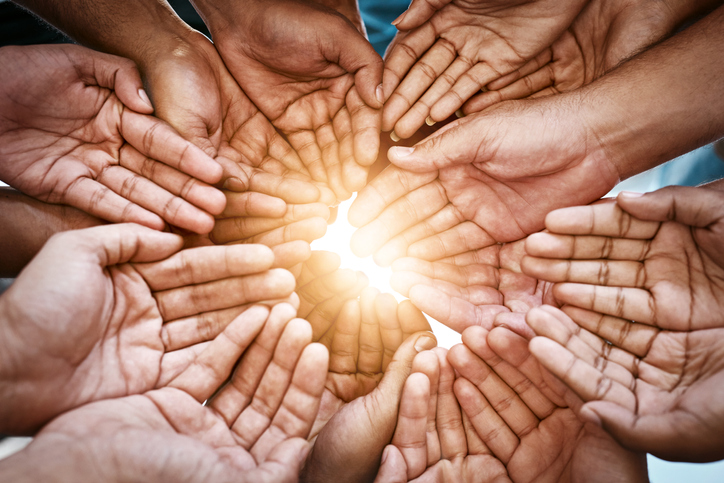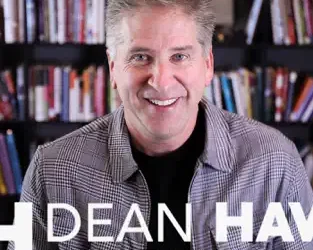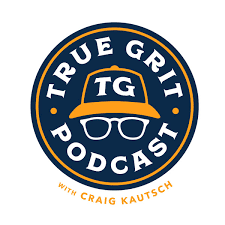Think about the last time you needed help in some situation, say something as simple as your smartphone battery dying and needing to borrow someone’s charger. Maybe it was easy to ask a friend for the charger. Or maybe you felt a bit uncomfortable in asking. Regardless, most of us hesitate, at some time or another, in requesting help and assistance from others. But the reality is humans need each other, every day and in lots of ways. We weren’t designed to be self-sufficient islands unto ourselves. Life goes better when we ask, and when others ask us. So here are a few tips to help you be a better “asker.”
Turn the tables in your mind. Think empathetically about how you feel when someone you care about asks you for advice or a cup of sugar. If you’re in a decent mood, you are most likely happy to provide that person with something. Helping is like Prozac for the mind. When we help, with a positive attitude, the famous oxytocin is released, and we feel happy, energetic and content. So the reverse is also true. When you ask others, you are creating a space for the other person to feel positive as well.
Value your life. If you are without something that’s important to you, you need to value your life enough that you will step out and ask another for help. People who don’t think much of themselves will often think, I’m high maintenance, I’m not worth it, and refrain from asking. But then they never get the assistance they need. Remember that your life and your contributions are important.
Don’t give up after one “no.” Sometimes people get discouraged after getting up the courage to ask, and then the other individual says no, like, “No, I don’t have time to help you work on your bike on Saturday.” But one “no” doesn’t tell the tale. Ask several people, it increases the odds that someone will say “yes.” One of my sons, Benny, is in commercial real estate financing. When he was first starting out, he was making 150 cold calls a day. The great majority of them said “no”, and often “hell no.” But Benny kept calling. I asked him at dinner how his day went, and he said, “Great day, I got 3 maybe’s and 147 no’s!”
Make sure you are not being truly high maintenance. It’s always good, if you’re not sure, to ask those in your life if you’re being too demanding of others time and energy. If we are going through a hard time, we may be doing it and not being aware of it. If that’s the case, then add more supportive people to the mix, so your friends don’t get burnt out during your long term difficult period. And also use what you are given. People don’t mind giving more when the other person is grateful, becomes empowered, makes good changes and improvements, etc.
Asking is good and healthy. So I’m asking you to share this blog with someone else to help them too! Take care.






